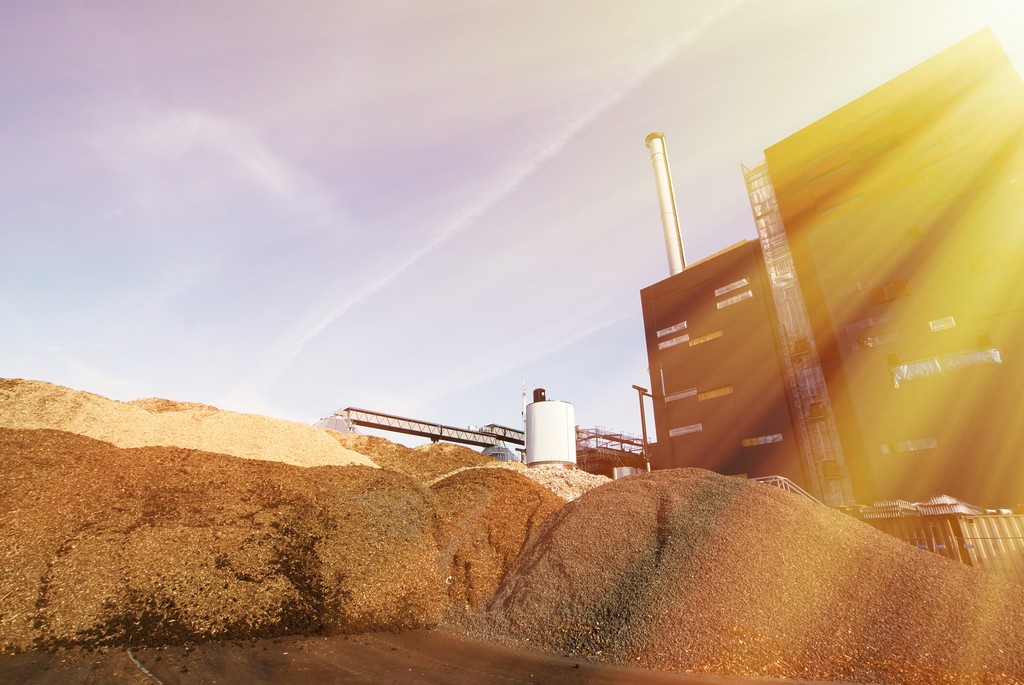Pinoy scientist eyes second gen biomass as energy source for PH
- October 7, 2016
- 0

A Filipino Scientist from the Washington State University is eyeing the use of second-generation biomass to close the energy gap in the Philippines.
Elmar Villota, a doctoral student in biological systems engineering, is studying how second generation biomass in the likes of agricultural waste and woody crops can be converted to biofuels, bio-based polymers and chemicals.
The Philippines is currently facing the challenge of extending its electricity access to all 7,101 islands, 15 percent of households don’t have access to power.
“A simple light bulb could make a world of diff
erence,” Villota said. “Without a sustainable source of electricity, students can’t have light or read comfortably at night. Imagine how much knowledge they would miss.”
Villota’s study is part of the Engineering and Research Development for Technology scholarship program. He is focused on enzymatic hydrolysis, a process that uses bacteria and fungi to break down plant cell walls to sugar which are turned into fuel.
The Filipino scientist is hopeful that thousands of Filipinos will benefit from his work that could lead to basic electrification and light.
“Through this experience, I hope to extend st
udents’ learning capabilities, and in turn, extend the potential for them to make a difference in the world,” he said.
Villota has also written a book chapter on enzymatic hydrolysis with WSU Associate Professor Yang Bin and Dr. Dai Ziyu, a senior scientist at the Pacific Northwest National Laboratory in the United States.